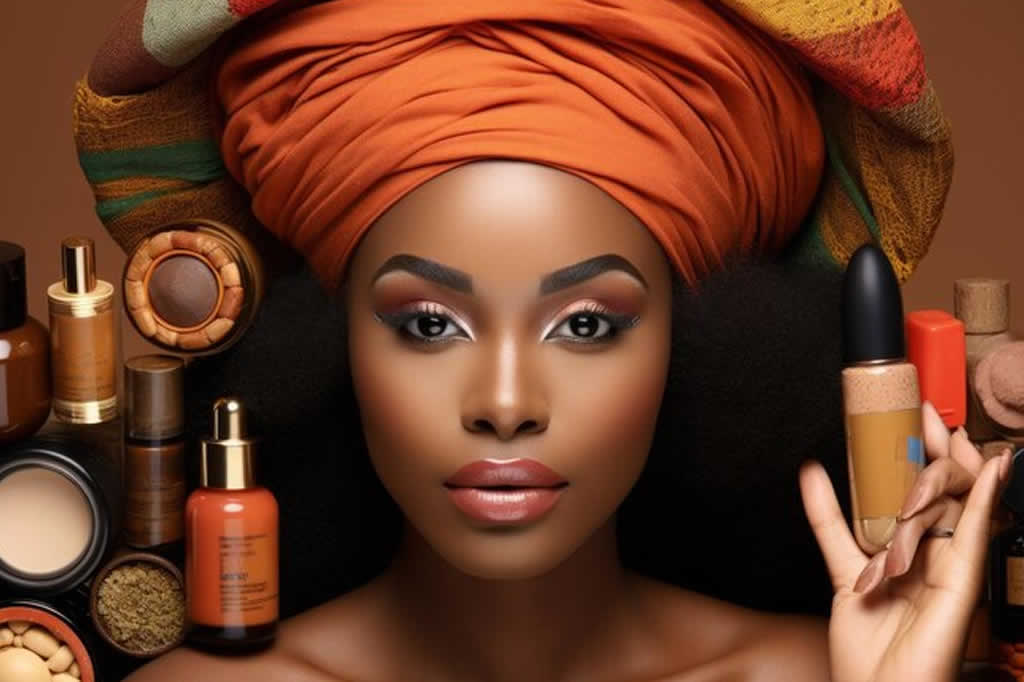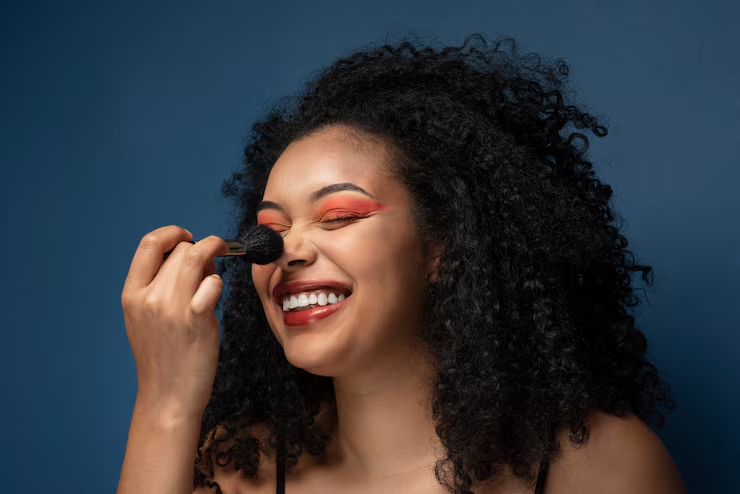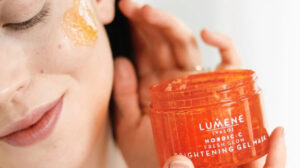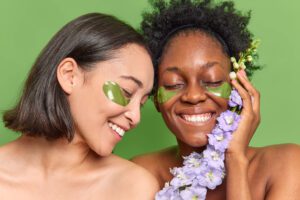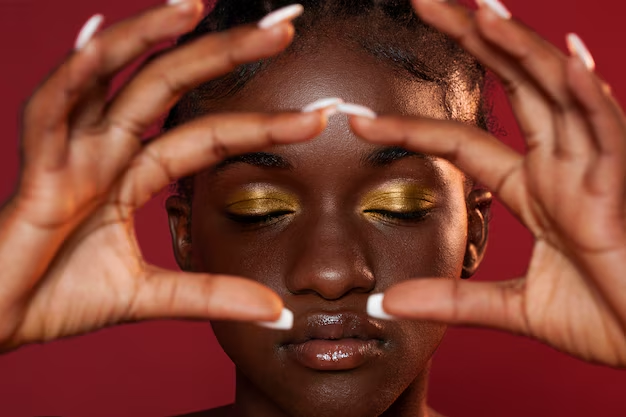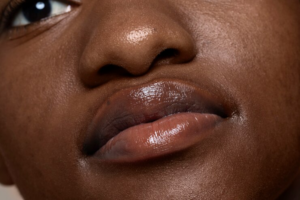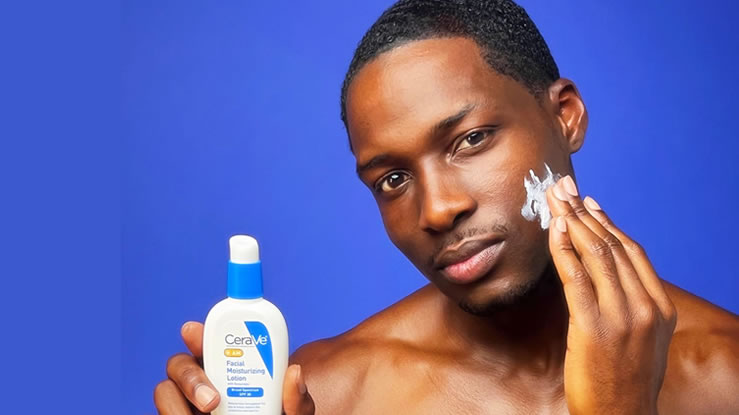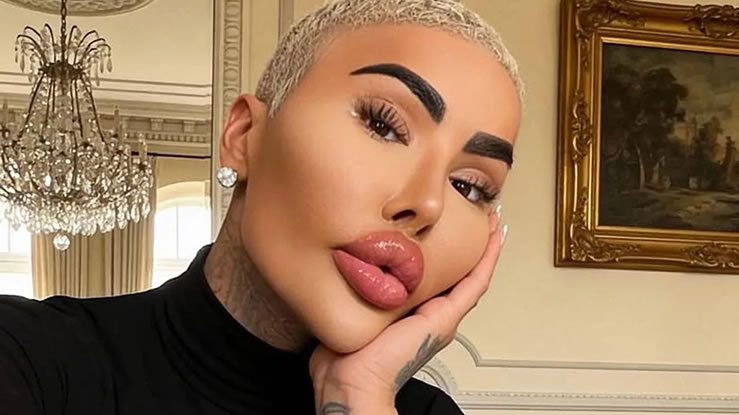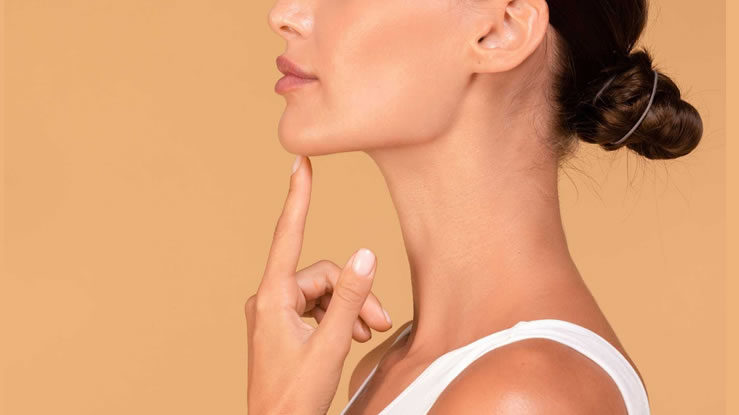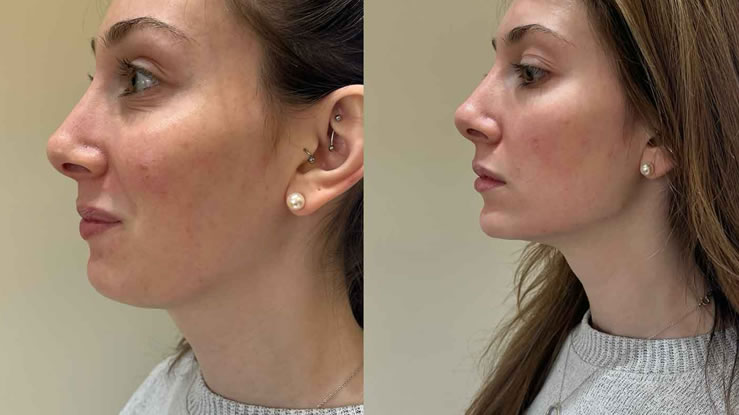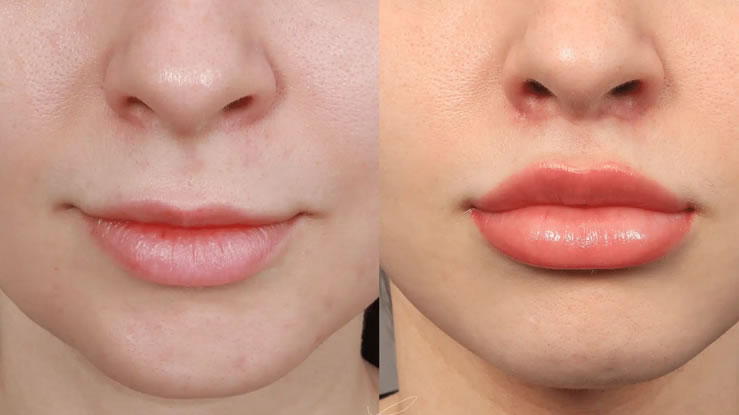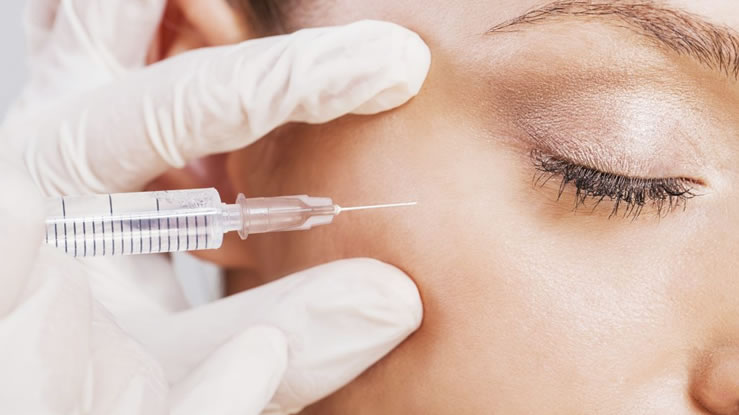Starting a makeup brand in Africa is an exciting venture in a growing and diverse market. With an increasing demand for inclusive, high-quality, and culturally relevant products, African consumers are eager to support homegrown brands. Here’s how you can establish a successful makeup brand in Africa.
Conduct Comprehensive Market Research
Before launching, understanding your target market is essential:
- Identify Gaps and Trends: Explore the beauty needs specific to different African regions, such as products suited for warmer climates, shades for various skin tones, and an emphasis on natural ingredients.
- Know Your Audience: Africa has a young and beauty-conscious population that values inclusivity and authenticity. Understanding local preferences and trends will help shape your product line.
Define a Unique Selling Proposition (USP)
Set your brand apart by crafting a distinct identity and offering unique benefits:
- Emphasize Natural Ingredients: African consumers are increasingly drawn to natural, organic products, often using local ingredients like shea butter, baobab oil, and moringa.
- Commit to Inclusivity: Ensure your products cater to a wide range of skin tones, offering foundation, concealer, and other essentials in shades that reflect Africa’s diversity.
- Sustainability Focus: Consumers value eco-friendly and cruelty-free products, so using sustainable packaging and cruelty-free testing can enhance your brand’s appeal.
Build a Strong Brand Identity
A memorable brand identity resonates with consumers:
- Authentic Branding: Embrace African culture and aesthetics in your packaging, brand story, and marketing materials. Highlight the unique benefits of your product ingredients and the brand’s commitment to quality.
- Cultural Representation: Showcase African beauty and celebrate local culture in your imagery, product names, and brand messaging. Representation can foster a strong connection with consumers.
Source High-Quality Ingredients and Formulate Safe Products
Product quality is essential for gaining trust:
- Use Trusted Manufacturers: Collaborate with local or international manufacturers that can produce high-quality, safe cosmetics. Ensure products are dermatologically tested, especially if targeting sensitive skin.
- Prioritize Safety and Quality Control: Meet regulatory requirements for cosmetics in Africa, such as ingredient disclosure, shelf-life testing, and batch traceability. Quality and safety build brand loyalty.
Create a Multi-Channel Marketing Strategy
Effective marketing is crucial in building brand recognition and customer loyalty:
- Leverage Social Media: Platforms like Instagram, Facebook, and TikTok are popular across Africa and are excellent for showcasing products, tutorials, and user-generated content.
- Influencer Collaborations: Partner with African beauty influencers who align with your brand values to gain exposure and credibility.
- Engage with Local Communities: Attend beauty fairs, sponsor local events, or create pop-up shops to build brand awareness. These initiatives let potential customers experience the products firsthand.
Partner with Local Retailers and E-commerce Platforms
Distribution is key to reach consumers across Africa:
- Collaborate with Local Retailers: Work with trusted stores and pharmacies in key cities to stock your products. Partnerships with established retailers enhance credibility and increase accessibility.
- Leverage E-commerce: Online shopping is growing across Africa. Launch an e-commerce platform or partner with established platforms like Jumia and Kilimall to reach a wider audience.
- Consider Direct Sales: In regions with limited retail infrastructure, consider adopting direct sales through agents, which is popular in African markets.
Build a Loyal Customer Base Through Engagement
Fostering relationships with customers enhances brand loyalty:
- Feedback and Product Improvement: Regularly collect customer feedback on product performance and preferences to keep your line relevant.
- Launch Loyalty Programs: Reward repeat customers through loyalty programs, referral discounts, or exclusive offers. Such incentives can build a strong customer base.
Maintain a Strong Focus on Innovation
Stay updated on global beauty trends while also considering local innovations:
- Product Variety and Limited Editions: Rotate product offerings and launch special collections based on seasons or local festivals to keep customers interested.
- Cater to Emerging Trends: Natural, vegan, and multi-functional products are in demand. Offering compact, easy-to-carry products is also valuable for consumers on the go.
Stay Compliant with Local and International Regulations
Ensure your brand meets the cosmetic standards for safe, high-quality products:
- Understand Local Regulations: Cosmetics standards vary by country. Adhere to national guidelines and import-export rules to operate seamlessly across African markets.
- Labeling and Ingredient Transparency: List all ingredients and certifications (e.g., cruelty-free) on product labels. Transparent labeling builds consumer trust.
Establish a Mission-Driven Brand with a Positive Social Impact
A mission-driven brand resonates deeply with African consumers:
- Support Local Communities: Partner with local cooperatives or initiatives, such as sourcing from women’s cooperatives for raw materials, or giving back through scholarships and donations.
- Promote Sustainable Practices: Emphasize sustainability by using recyclable packaging and eco-friendly manufacturing processes. This adds value to your brand and aligns with global sustainability trends.
Starting a successful makeup brand in Africa requires quality, creativity, and a strong connection to the local culture. By focusing on inclusivity, high-quality products, and effective marketing strategies, your brand can thrive in Africa’s dynamic beauty market.

